When buying a car, selecting the right fuel type is crucial. Whether it’s petrol, diesel, electric, or hybrid, each has its benefits. Fuel prices and vehicle requirements also vary. In India, different types of fuel for cars are available for cars, and the right one can ensure optimal performance. Consider your driving needs to choose the most suitable option. The right choice will depend on the type of vehicle and your personal preferences.
Expert’s Choice
Consider your daily driving habits, budget, and environmental impact when choosing a type of fuel used in cars. Opt for petrol if you prioritize cost-effectiveness and availability. Diesel is ideal for long-distance travel and high torque needs. Choose CNG for eco-friendliness and city driving. Electric vehicles are best for zero emissions and low running costs. Hybrids offer a balance of efficiency and lower emissions.
Petrol
Petrol, or gasoline, is a popular fuel for vehicles, derived from the fractional distillation of petroleum. Used in spark-ignited combustion engines, it comes in various forms.
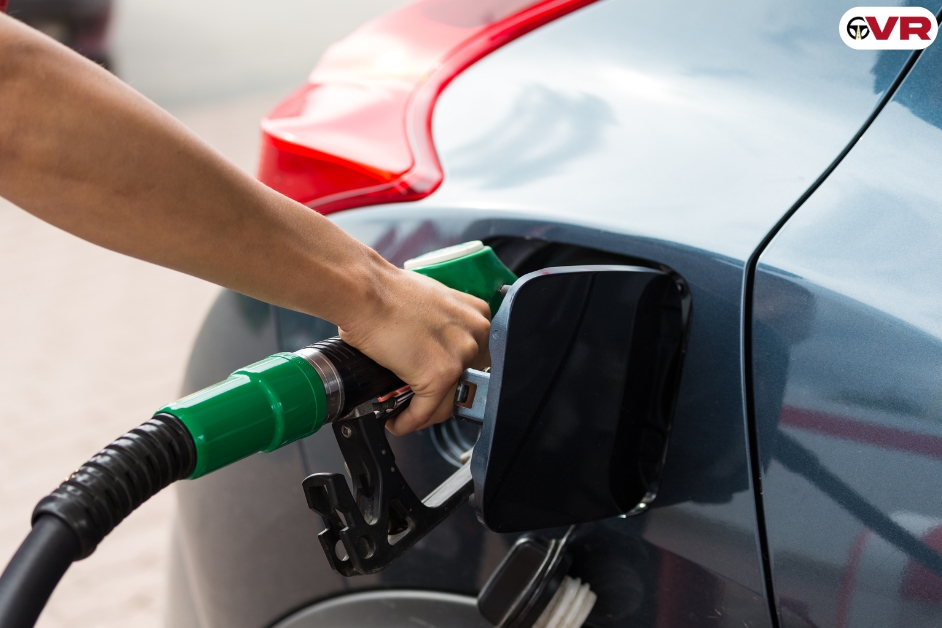
Pros:
– Cost-effective
– Excellent acceleration
– Widely available
– Suitable for different ranges
Cons:
– Emits high levels of toxic gases
– Lower mileage compared to diesel
Petrol is ideal for private cars and bikes, making up most passenger vehicles in India. It is known for its quick start, quiet operation, and faster acceleration. However, petrol engines are less fuel-efficient, more expensive due to fluctuating prices, and have lower resale value than diesel. Additionally, petrol is less preferred for large or commercial vehicles and is more polluting.
Diesel
Diesel consumption has seen a 27% rise, highlighting its popularity. Diesel, like petrol, is derived from the fractional distillation of petroleum, but it is specially designed for diesel engines.
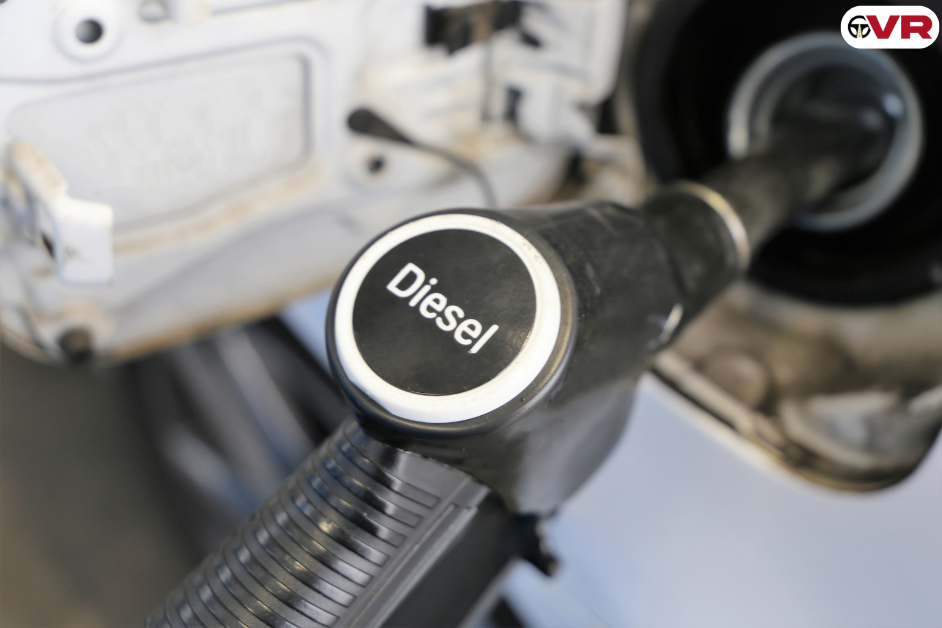
Pros:
– Cost-effective for long journeys
– High torque and excellent performance on highways
– Enhanced acceleration
Cons:
– High maintenance costs
– Not suitable for all vehicle models
Diesel is perfectly suitable for trucks, trains, and public buses, and it is preferred globally. Petrol engines work on the principle of air oxidation while diesel engines work by air compression, hence are more efficient and produce fewer emissions than petrol.
Compressed Natural Gas (CNG)
Compressed Natural Gas (CNG) is an emerging car fuel in urban areas, aimed at reducing pollution. Made up of compressed methane, CNG is known for its environmental benefits.
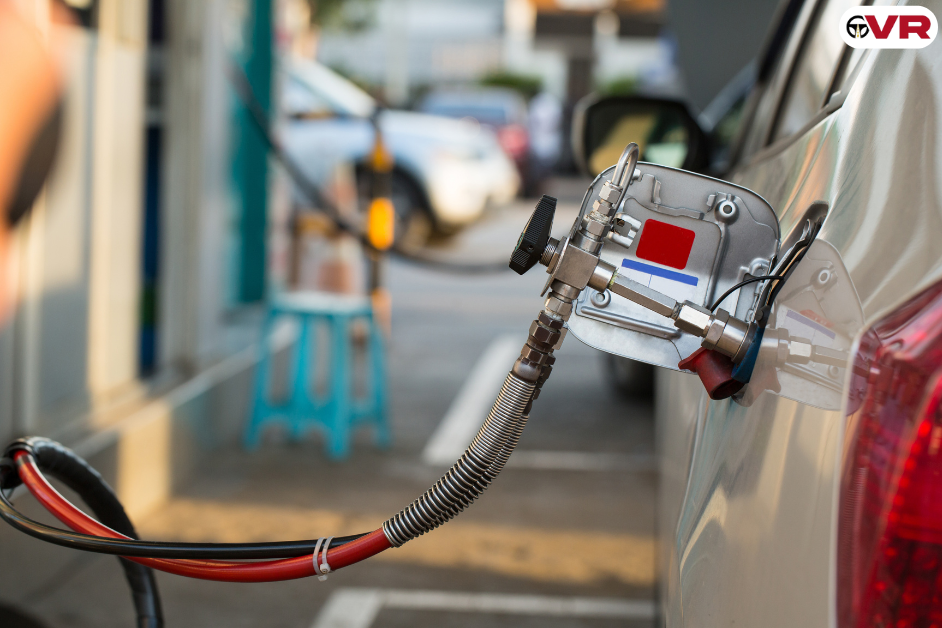
Pros:
– Known as “Green Fuel” because it is free from lead and sulfur
– High auto-ignition temperature (540°C) and a limited flammability range (5%-15%) ensure safety
– Stored in certified, leak-proof cylinders
– Being a light gas, it disperses quickly in the air if it leaks
Cons:
– Limited availability of CNG stations compared to petrol or diesel
– Occupies about one-third of the vehicle’s boot space, reducing luggage capacity
– Engine performance declines after 3-4 years, with a 10% decrease in efficiency after one year
– Can cause fuel injectors to dry out, affecting long-term engine performance
– Lower fuel economy than petrol or diesel
CNG is used in many passenger cars, trucks, buses, and vans in the country. While it offers environmental and safety benefits, its limited infrastructure and potential long-term engine issues are drawbacks.
Electric Power
Electricity is slowly and steadily gaining ground and is fast turning into one of the potential replacements for fuel. Major manufacturers are soon coming up with the electric version of those popular models, so electric vehicles (EVs) are expected to get a boost in India. In sum, an EV employs an inbuilt battery pack-drive train combination where the battery pack works in harmony with the motor, to run the wheels without relying on petrol or diesel, unlike typical automobiles.

They can be rechargeable in people’s homes or at various common EV charging points. EVs are not equipped such as fossil fuel, diesel, and petrol vehicles so they do not spew fumes or jams; thus are smaller smarter, and more advanced.
Pros:
– Lowest running costs compared to other fuels
– Lighter weight improves drivability and dynamics
– Minimal maintenance costs
– Zero carbon emissions
– Quiet operation with controllable mileage
Cons:
– Long charging times (3 to 8 hours for a full charge)
– No backup power source if the battery runs out
– Higher purchase price due to new technology
Electric vehicles (EVs) are making headlines for their benefits. They align with environmental values, save money, and add a modern touch. Switching to an EV can save you up to $700 a year on gas and reduce ongoing maintenance costs since electric motors require less upkeep than traditional engines.
Hybrids
Today hybrids are recognized as the power source of future cars. A notable property of partial hybrids is that they mainly use a combustion engine with the help of an electric motor from time to time.
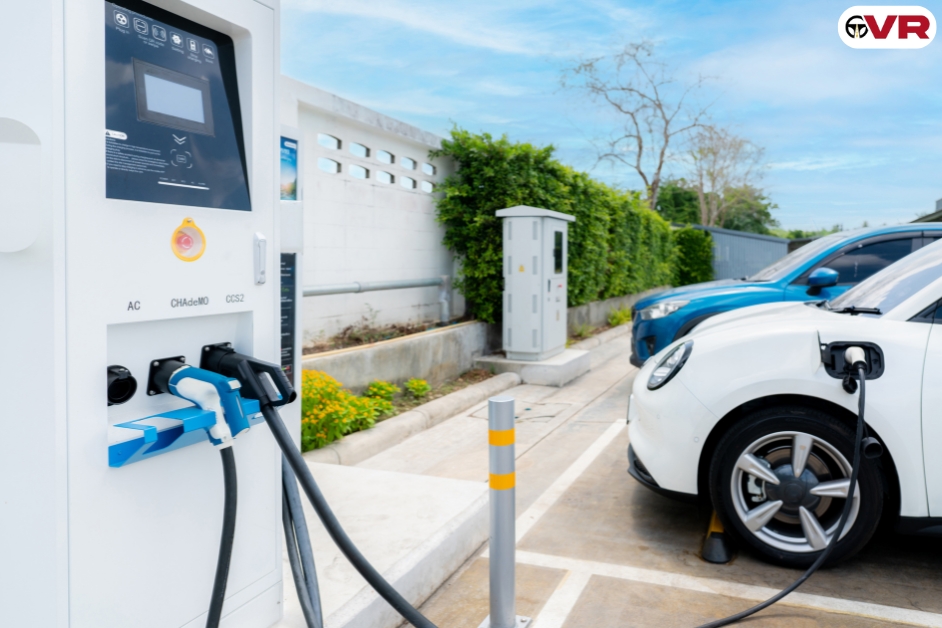
Switchable hybrids use a combination of engine and electric motor at different times for propulsion. Mild hybrid cars have an electric motor that works together with the internal combustion engine to increase torque and fuel efficiency.
PHEVs contain greater battery systems than HEV and they are capable of operating through electricity alone and the engine recharges the battery for further distance.
These hybrids provide electric power on short-distance travels and low-speed and combustion engines for hi-speed and longer journeys.
Pros:
- Hybrids offer better fuel economy than conventional vehicles.
- They require less maintenance due to fewer parts.
- Their lighter build reduces energy use.
- Hybrids are more reliable with fewer mechanical issues.
- They have a higher resale value due to better gas mileage and low maintenance.
Cons:
- Hybrids have higher insurance costs because they are costlier to repair.
- They have a higher upfront purchase cost.
- Their performance is slower compared to petrol or diesel cars.
- Hybrids have heavier handling due to dual engines.
- Battery replacement is expensive due to the use of rare materials.
Conclusion
In conclusion, selecting the right car fuel depends on your driving needs and priorities. Petrol is cost-effective and widely available but emits more toxins. Diesel is efficient for long journeys and offers high torque but has higher maintenance costs. CNG is eco-friendly but has limited availability and impacts boot space. Electric vehicles offer zero emissions and low running costs but have long charging times and higher purchase prices. Hybrids provide better efficiency and lower emissions but are heavier and more expensive. Understanding these pros and cons across different types of fuel for cars will help you make an informed decision. And, to take your car-related endeavors to the next level, consider transforming your garage into a profit machine with advanced garage management software.






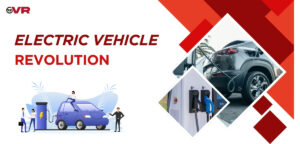
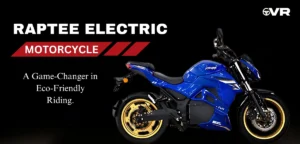

Leave a Reply